(ECNS) -- The Shenzhou-20 crew has been steadily advancing various scientific experiments aboard China's space station since their arrival on April 25.
The crew, comprising astronauts Chen Dong, Chen Zhongrui, and Wang Jie, has successfully adapted to the microgravity environment, enabling them to efficiently execute planned scientific and technological tasks, according to CCTV.
Among the key experiments is China's first in-orbit study of planarian regeneration. Utilizing a miniature universal biological cultivation module housed within the life and ecology experiment cabinet, researchers are examining the impacts of space conditions on the morphology and physiological behavior of planarians. This study aims to enhance understanding of regenerative mechanisms at the individual organism level.
In the Wentian lab module, astronauts have monitored samples placed within the biotechnology experiment cabinet and utilized the onboard scientific glovebox to collect solid culture samples. These activities support ongoing research into how microgravity affects microbial behavior and cellular tissue growth.
In the area of space medicine, the crew transferred cell experiment units to the medical sample preparation unit within the human system research cabinet. This transfer supports investigations into cell growth, differentiation, and functional changes under microgravity. Additionally, the astronauts performed behavioral tests on visual-motor coordination using specialized software and computer systems.
Besides scientific endeavors, the crew completed maintenance tasks on essential life support systems, such as the regenerative life support system and space treadmill. They also organized onboard supplies and installed protective covers on the node module hatches.
All three astronauts are reported to be in excellent physical and mental health, and all mission activities are proceeding smoothly.
(By Zhao Li)








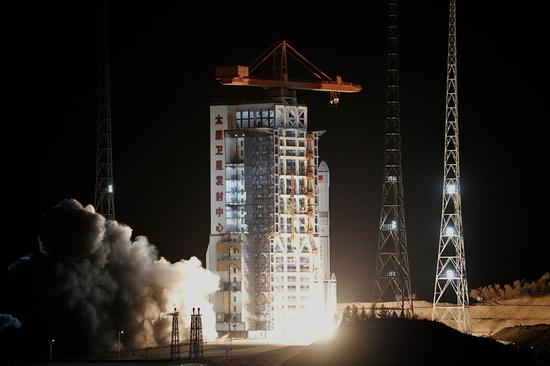
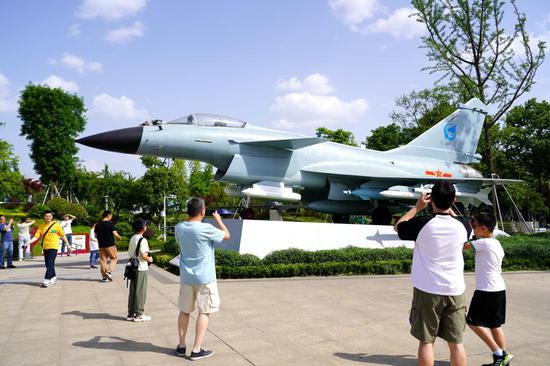



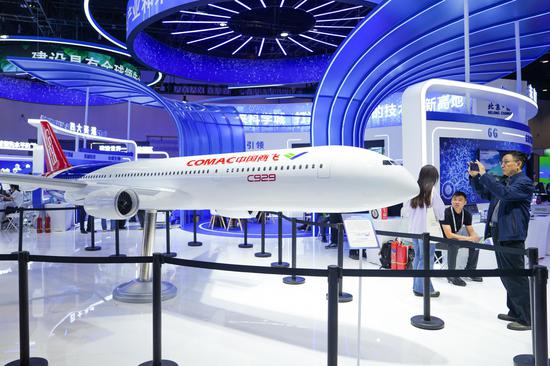
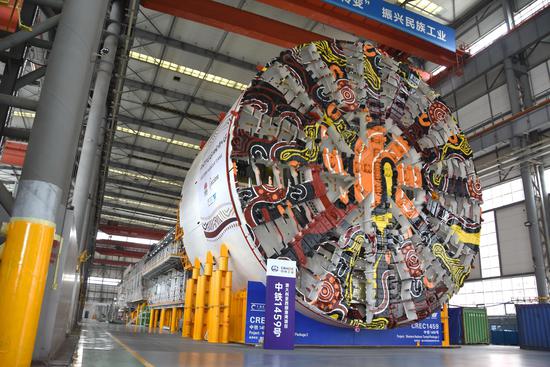

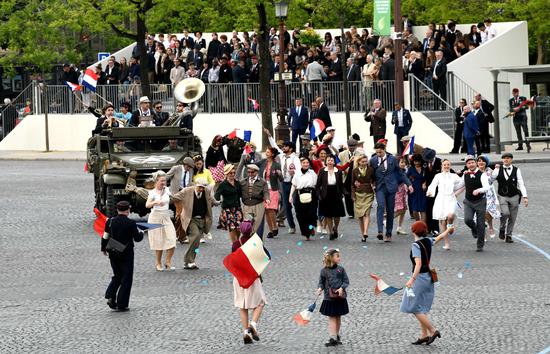
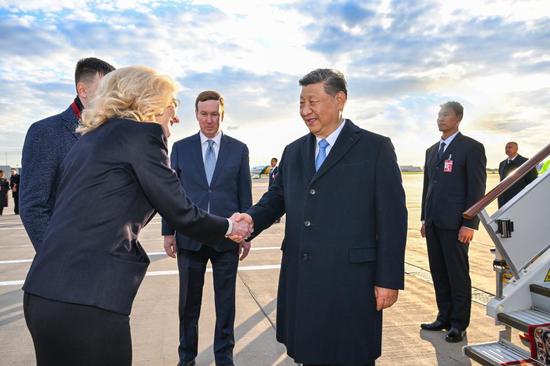




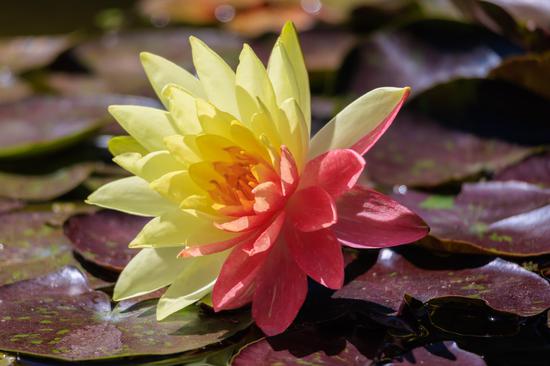
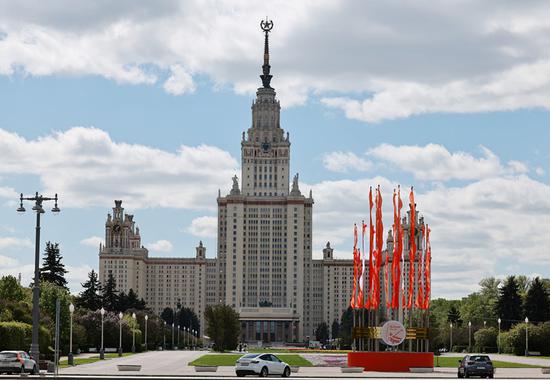







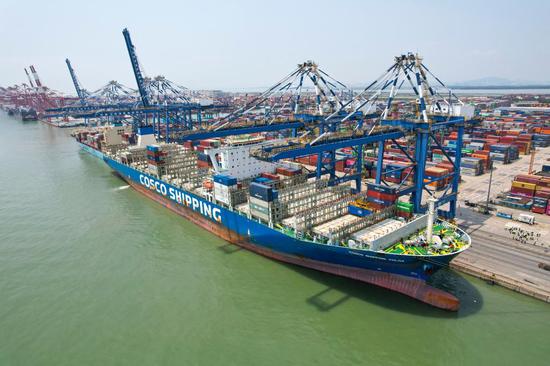




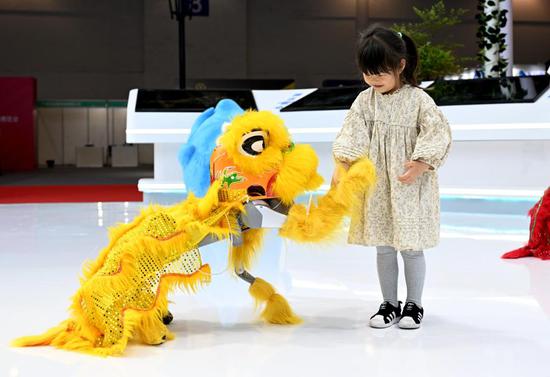

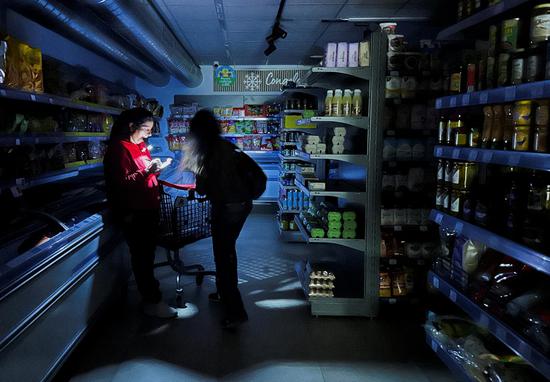




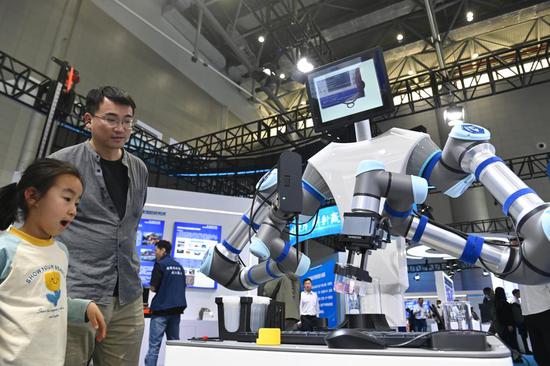
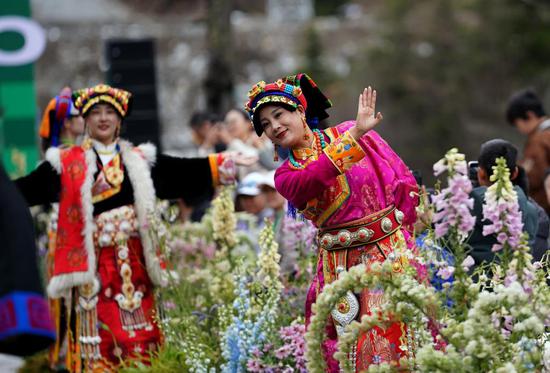





 京公網(wǎng)安備 11010202009201號
京公網(wǎng)安備 11010202009201號